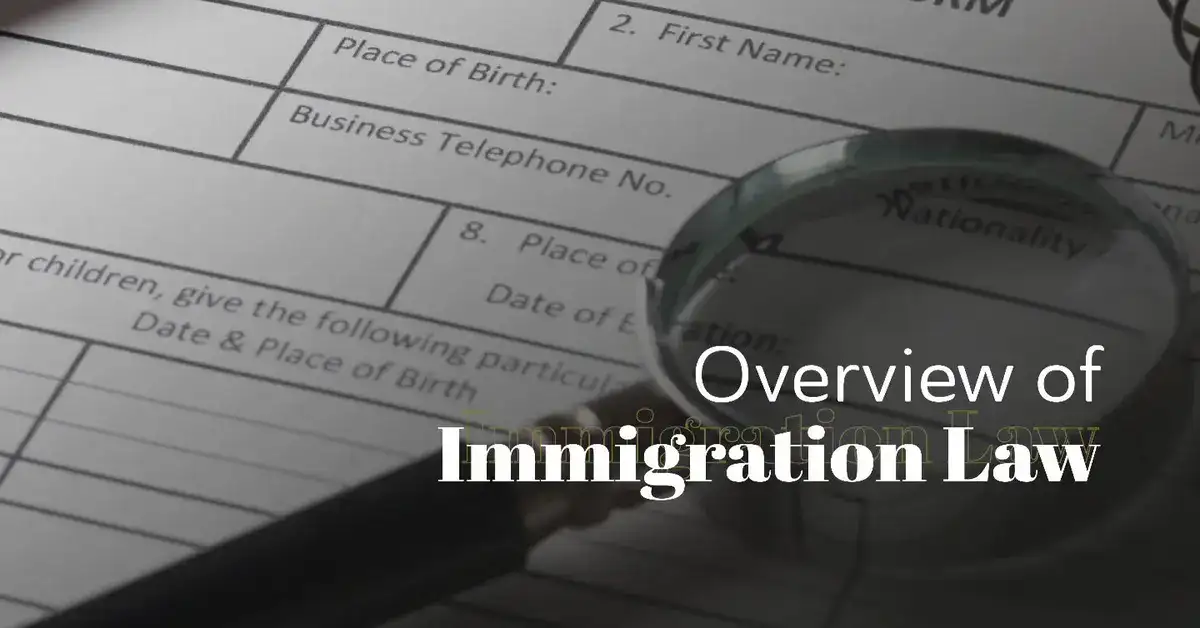Table of Contents
In a recent development, U.S. District Judge David A. Ezra has issued a preliminary injunction blocking the enforcement of Texas Senate Bill 4 (SB4). This controversial legislation, signed into law by Governor Gregg Abbott, aimed to make illegal immigration a state crime. The decision comes after a lawsuit by immigration and civil rights groups, challenging the constitutionality of the law.
Background of Texas Senate Bill 4
Texas SB4, signed in December, empowered state authorities to arrest and detain illegal immigrants. Additionally, it granted state judges the authority to order deportations. Governor Abbott, at the signing ceremony, expressed the legislation’s goal: “to stop the tidal wave of illegal entry into Texas.”
The Injunction and Legal Basis
Judge David A. Ezra, a Senior U.S. District Judge for the Western District of Texas, issued the injunction in response to concerns raised by Immigration law advocates. The judge’s ruling emphasized that states cannot wield immigration enforcement power unless authorized by the federal government. This decision reflects a significant clash with Texas’ attempt to take bold steps in immigration control.
Key Provisions of Texas SB4
Under the blocked law, migrants in Texas custody faced a choice: comply with a judge’s order to leave the U.S. or be prosecuted on misdemeanor charges of illegal entry. Non-compliance could lead to more severe felony charges upon re-arrest. Opponents argue that this law marked an aggressive move by Texas to police immigration and addressed the state’s frustration with the perceived inadequacy of federal efforts.
Governor Abbott’s Stance and Border Crisis
Governor Abbott, a Republican, has been a vocal critic of the Biden administration’s handling of the border crisis. Texas, facing a surge in immigration, resorted to unconventional measures, including busing over 65,000 migrants to cities across America and installing razor wire along the Rio Grande. The blocked law was viewed as a direct response to what Abbott referred to as a “tidal wave of illegal entry.”
Opposition and Constitutional Concerns
Critics likened Texas SB4 to Arizona’s controversial 2010 law, often dubbed the “Show Me Your Papers” bill, which faced extensive legal challenges. Thirty former U.S. immigration judges, from both Republican and Democratic administrations, condemned the Texas law as unconstitutional. Judge Ezra, in his decision, highlighted the conflict between the Texas law, the U.S. Constitution, and federal immigration regulations, stating it could impact the United States’ foreign relations and treaty obligations.
Implications and Texas’ Response
The blocked enforcement of SB4 is seen as a victory by advocates, including the ACLU, who celebrated the federal court’s decision. Texas has the option to appeal this decision, but the outcome will undoubtedly have broader implications for immigration policy and the balance of power between state and federal authorities.
In conclusion, the clash over Texas SB4 underscores the complex interplay between state and federal jurisdictions in immigration matters. The blocked law has ignited debates on constitutional grounds, reflecting the ongoing challenges in crafting effective and legally sound immigration policies. As the legal battle unfolds, it remains to be seen how this development will shape the broader landscape of immigration law and enforcement in the United States.
Tags:
Texas,
Immigration law,
Texas Senate Bill 4,
United States federal judge,
Greg Abbott,
texas wildfires,
Previous Post
